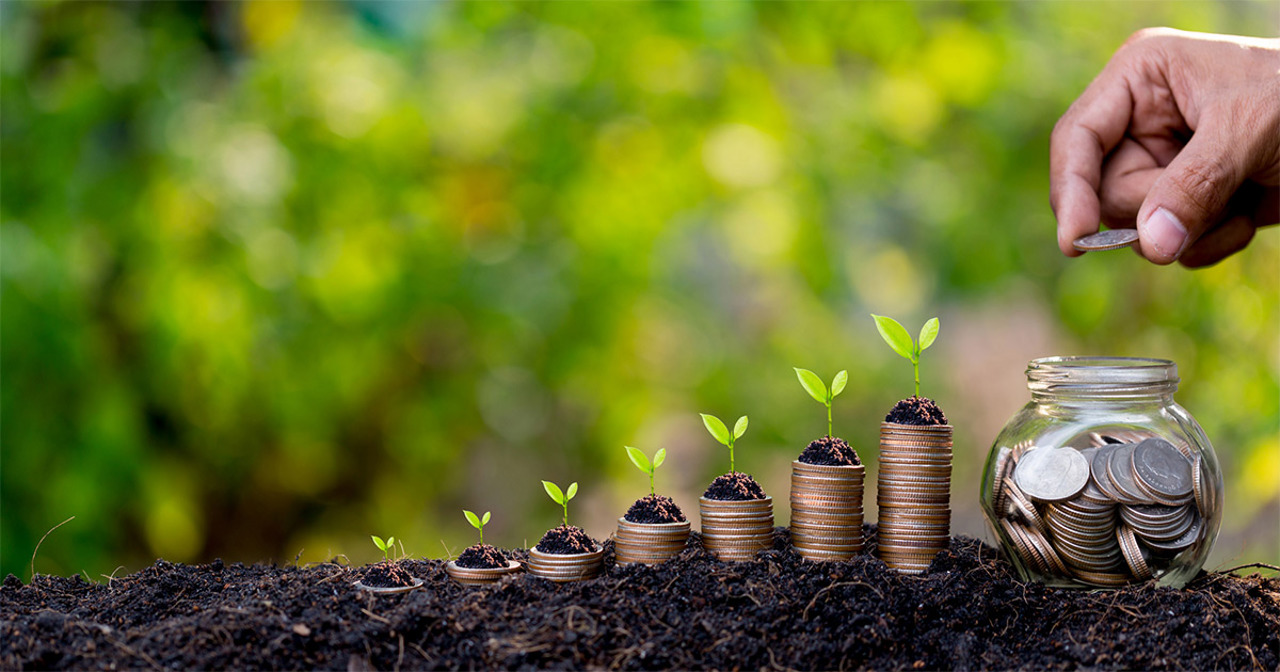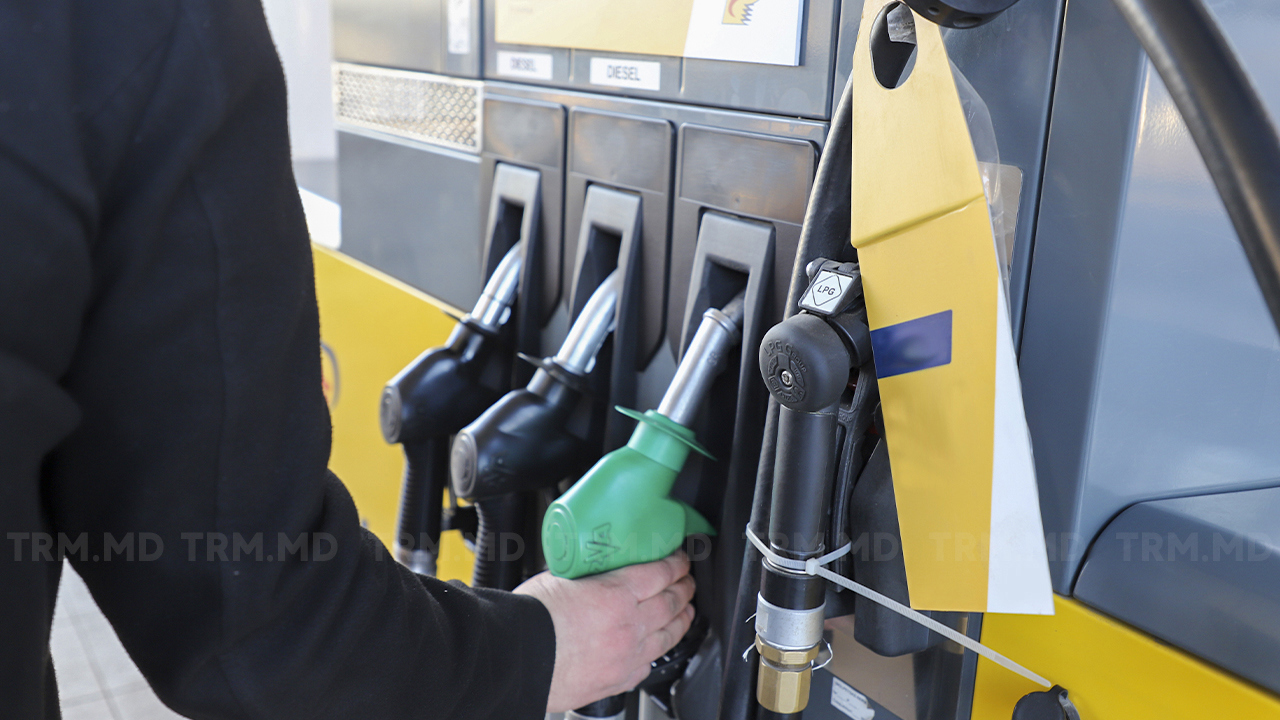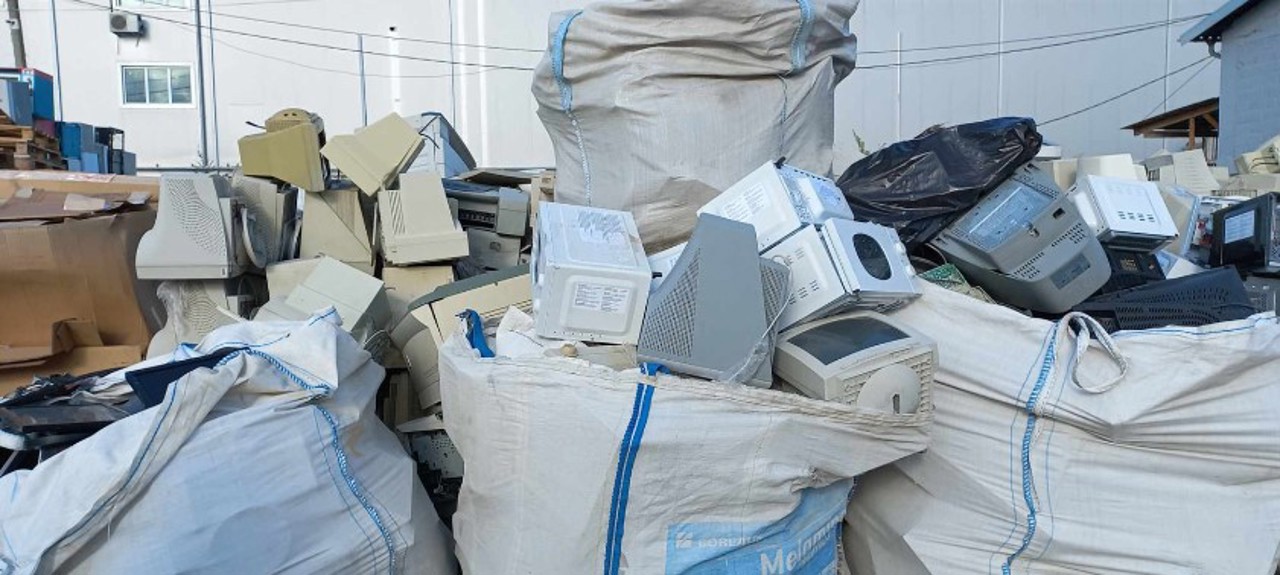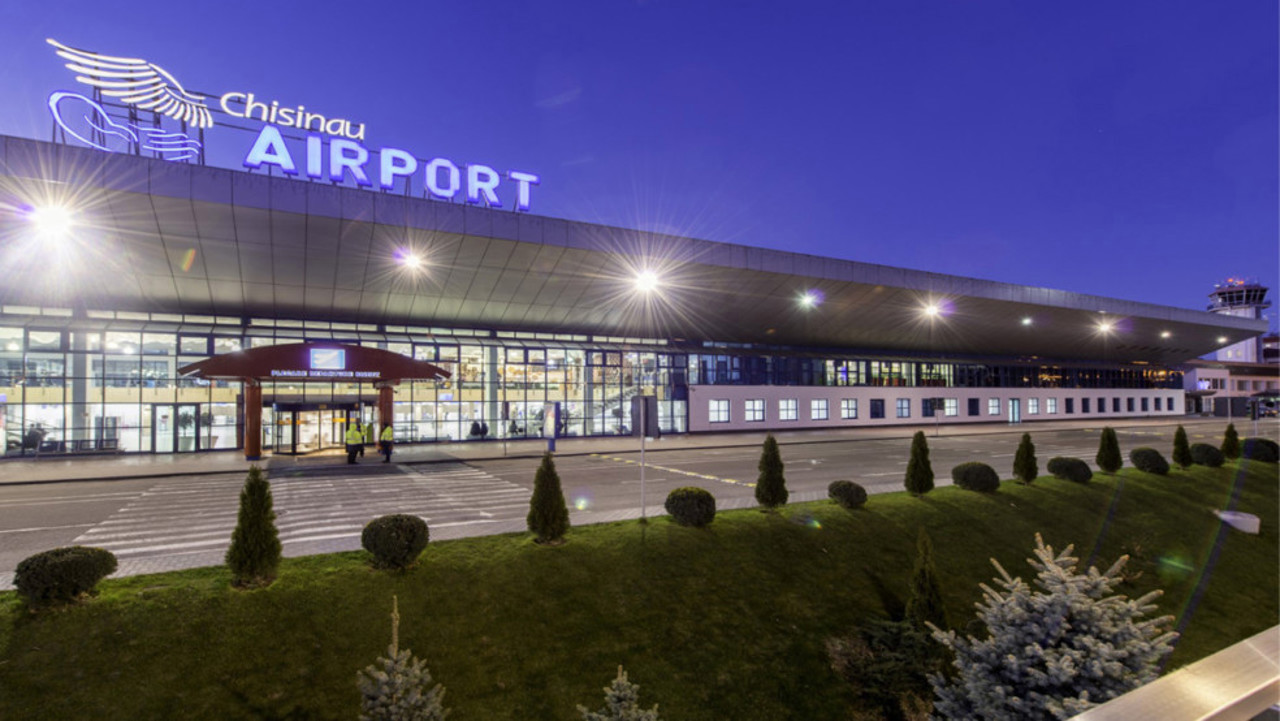Forța Fermierilor pushes for agricultural support in 2025
Access to financial resources on favorable terms, reimbursement of VAT on land tax, and diesel excise duties are some of the requests made by the "Forța Fermierilor" Association to the authorities in support of the Moldovan agricultural sector in 2025.

The Ministry of Agriculture has expressed its willingness to engage in dialogue but clarified that it cannot compel banks to offer low-interest loans. However, the Ministry relies on the support of the Ministry of Finance and the National Bank to enhance relations between banks and farmers.
The Forța Fermierilor Association also calls for a credit program similar to Romania's Agricultural Credit, guaranteed by the state and without significant bank surcharges. Additionally, they propose the establishment of a state institution, the Land Bank, modeled after European systems, which would set a minimum reference price for agricultural land and facilitate access to financing.
The cereal and oilseed sector should be given priority, as it accounts for approximately 80% of the country's total cultivated agricultural land. This subsector contributes 3.76 billion lei to the state budget. In publishing these estimates, the Forța Fermierilor Association urges the Government and Parliament to consider the financial impact of the agricultural sector on the state budget.
Given that agricultural land in the Republic of Moldova is almost the country's only natural resource, its efficient use and government support are crucial, emphasized Iurie Rija, director of the Association of Agricultural and Cereal Exporters and Importers "Agrocereale." "There might be different ways to address this, with the state possibly coming to their aid in some manner. VAT could be compensated in another form of taxation, the diesel excise duty, and banks might be more lenient with clients who have a solid reputation, offering assistance with credit restructuring. According to import statistics, there is no fertilizer deficit, nor a shortage of pesticides or diesel. Essentially, the country has access to all the necessary inputs for various agricultural techniques; the issue is that farmers can't afford them," said Rija.
Iurie Rija also mentioned that after two consecutive years of drought, 2025 could be a promising year for cereal crops. "It is still too early to tell because it will not be until June when the rapeseed, wheat, and barley will be harvested. We’ll also have to see what the weather is like—if it's a drought or a rainy year, it could take longer. There are various stages to consider, but at this stage, I remain optimistic."
The authorities are open to discussing agricultural sector issues in an organized and cooperative framework, said the Minister of Agriculture and Food Industry, Ludmila Catlabuga, on TVR Moldova. She emphasized the government's intention to create a collaboration platform between farmers, the state, and banks, aiming to improve microcredit conditions for farmers.
At the end of December 2024, representatives from several farmer associations protested in downtown Chișinău, calling for urgent measures to support the agricultural sector. Among their demands were the extension of the cereal and oilseed import licensing until December 31, 2025, reimbursement of excise duties for farmers for 2024, and the development of a credit and financing guarantee mechanism for the new 2025 agricultural year.
Translation by Iurie Tataru






